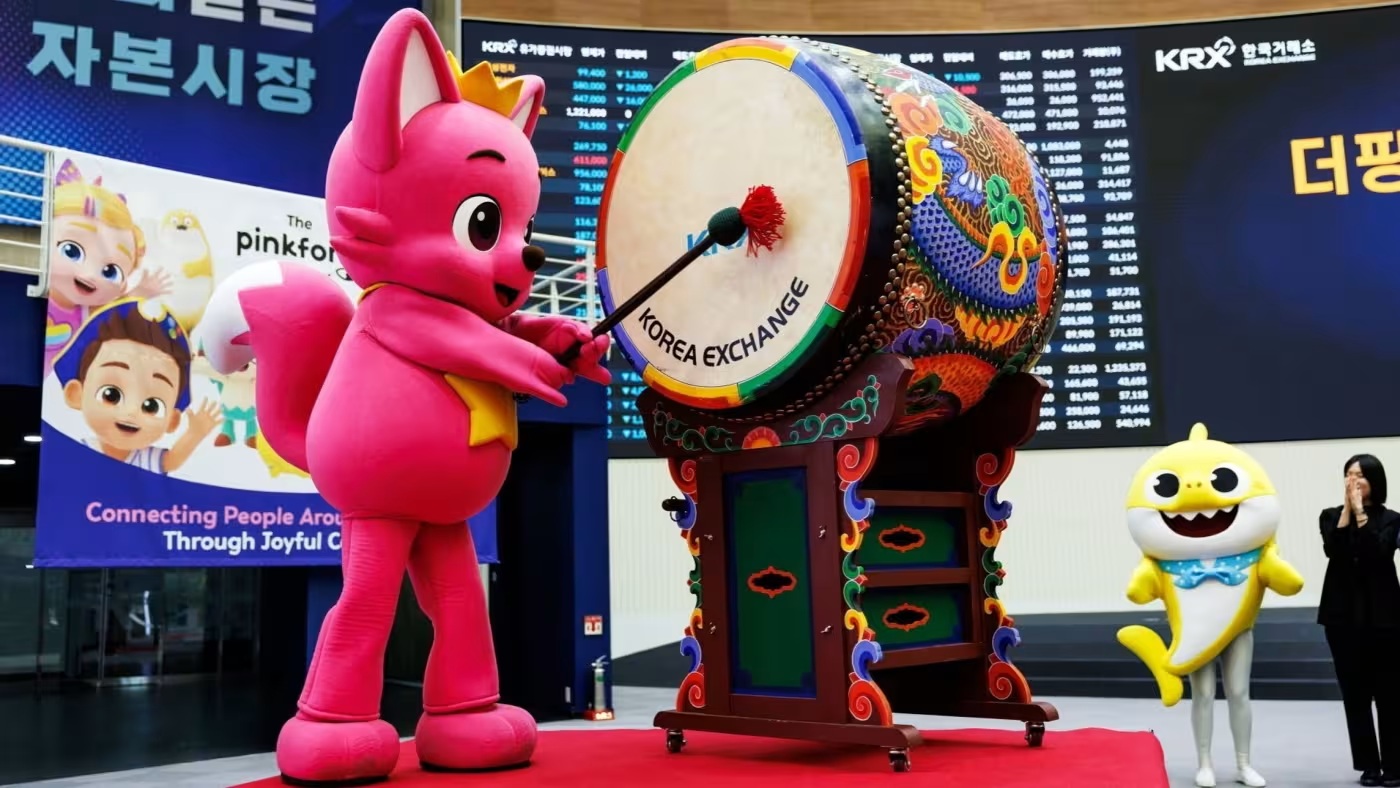
What is happening with Asia’s pop culture machine, especially in South Korea, is more than a cultural export. I’d say it’s more about owning the intellectual property stack from the first viral hit all the way to the global toy aisle. Whether it is Pinkfong’s Baby Shark empire going public on the strength of 16 billion Youtube views (!!), or Netflix turning KPop Demon Hunters into the most watched animated film in platform history, the model is clear. These creators are launching culturally specific content that delivers universal emotional resonance, and then allowing distribution platforms to do the scaling (translation = you want to partner with Netflix, not Disney+). This is not the old Hollywood model of top-down global appeal. It is bottom-up franchise construction, built natively for Youtube, TikTok, Meta, and Netflix algorithms.
The strategic implications are significant. In a world where attention is fragmented (but mostly owned by META family apps) and loyalty is earned in seconds, Korean content creators are showing that they can launch massive franchises without legacy gatekeepers. Pinkfong’s trajectory, from a simple children’s song to an IPO and global expansion is more than just an ‘anomaly’. It resembles the Pixar model rebuilt for the platform age (e.g. low production cost, high viral potential, and global reach through digital distribution). Netflix’s experience with KPop Demon Hunters shows how the algorithm can not only discover the hit but create post-launch momentum that even theatrical releases struggle to match. The competitive edge now lies not just in owning intellectual property, but in owning the feedback loops and data infrastructure that amplify it.
The next phase of this evolution is about merchandising. With companies like Mattel and Hasbro rushing to develop Demon Hunters toys for 2026, this playbook becomes also clear: video leads, fandom follows, and consumer products turn engagement into cash flow. Netflix, caught off guard by the film’s explosive success, had no toys ready for this holiday season, which highlights how quickly this new model can shift value. Monetization no longer starts with products. It begins with distribution at scale, followed by monetization through cultural resonance. Asia’s entertainment leaders have figured out that modern global success does not require selling cultural identity. It requires translating emotional universality through local creativity, then letting the algorithms carry it across borders. Financial Times




